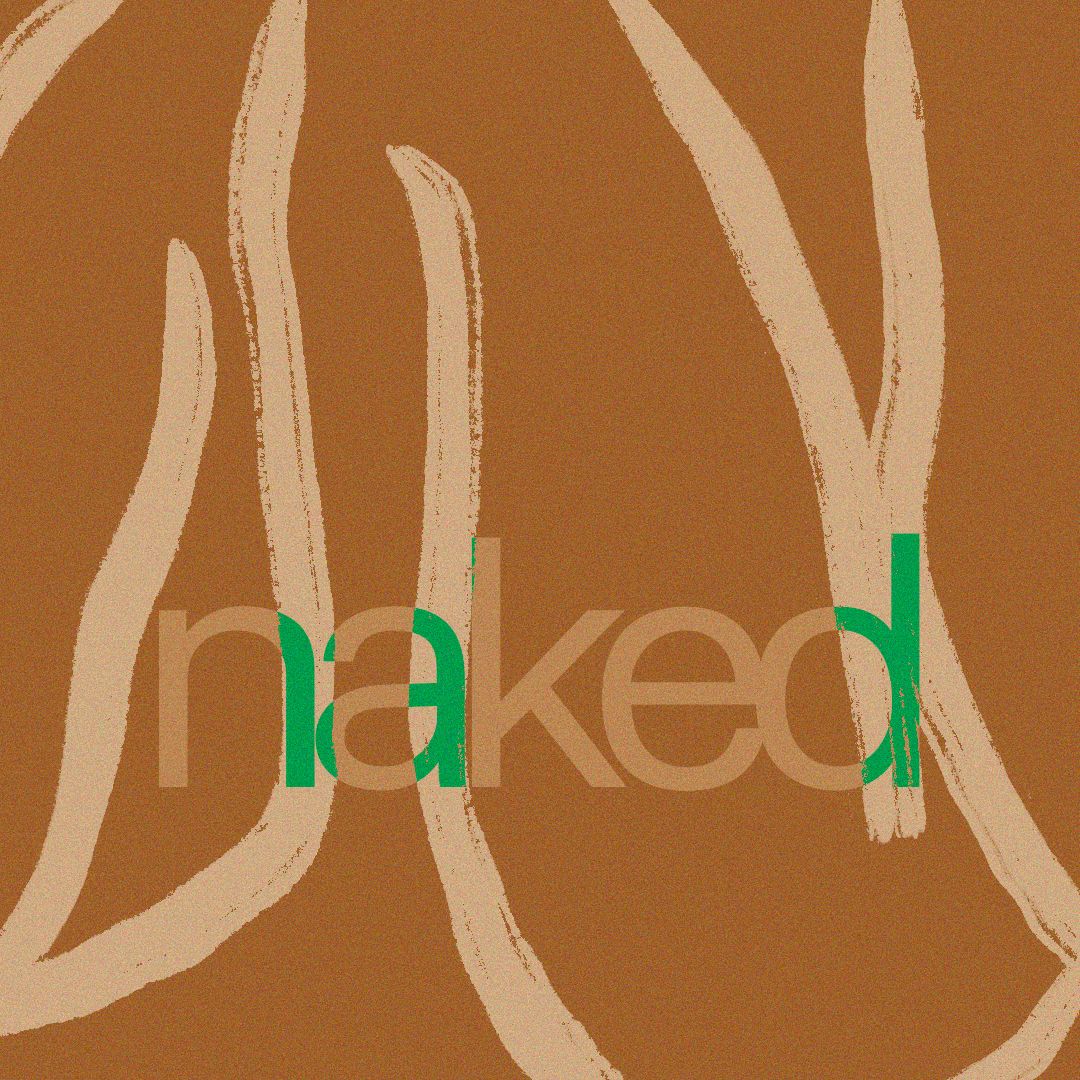Words: Maia Pachalski (She/Her)
Who am I?
I am strong,
I am resilient,
I am smart,
I am loving,
I am loved,
I’m lazy.
I’m stupid.
I’m awkward.
I’m alone.
I can’t do this…
If you were asked to peel back the layers that protect your inner thoughts and feelings by answering this question, how would you respond? Would you be confident in the answer or would an existential crisis unfurl. Both answers are common and valid; we all have differing abilities to look inward, sit with, understand, and process our inner workings. However, understanding yourself, your world and what you want is hard without a little introspection. Growing up many of us might have paid too much attention to our thoughts, or perhaps not given them much attention at all. But with increasing independence also comes an increase in time alone in the depths of your thoughts. As a generation with entertainment at our fingertips , how comfortable are we with our naked thoughts?
Too often I am easily overwhelmed or tired by life; reaching for the quickest relief: the doom scroll. After distracting myself with fashion trends, podcast clips, war facts, climate breakdown, “days-in-my-life”, and funny soundbites, I am super ready to face my internal world. Because it can’t be as bad as what’s happening in the outside world, right… right!?
What will happen if we all become paralysed in an overwhelmed state of fear that is unable to cope with the internal and external, just because we don’t give more time and reflection to the emotions that accompany us every day?
Sometimes I worry I am not doing enough, I feel like a bystander watching things come and go, just about reacting to them before carrying on. But I don’t feel powerful enough to act, ‘Maybe I’m not smart enough, or I’m not capable of change?’, I think. But that’s where I remain, in the thoughts that belittle me and justify me staying exactly where I am, a place that’s comfortable enough but realistically not fulfilling. However, in the moments I manage to sit with myself with no judgement, no expectation, just a bit of understanding and lots of compassion, my perspective can completely change.
Meditation, journaling and mindfulness are great tools to journey into the cavity of your mind. However, I believe that if you are seeking change, then it’s essential to learn how to recognise your patterns. Even though making decisions may feel intuitive, sometimes our actions and thoughts don’t align with who we want to be. Sometimes this may be because our whole body is working hard to protect us.
The protective defences our nervous system develops throughout childhood are hugely influenced by our environment. Based on how we act and feel and how we interpret others to act and feel, we build defence mechanisms to ensure our survival. These can range from sucking your thumb or crying, to shouting or disassociating. They are completely essential, especially for those in challenging environments. However, they can also become maladaptive when we reach changing stages of our lives and may trigger responses from the fight-or-flight centre in situations that may no longer be particularly dangerous. This can become extremely frustrating and lead us to not feel in control. In fact, once the flight-or-flight response is triggered it can take up to three days to return from, three days where you might be completely on edge and not in control of your reactions. Learning a bit about how your body and nervous system interact with the world can provide deep insight and can help soothe the existential dread of your raw thoughts. Using regulating tools such as meditation, creativity, movement you can relearn coping mechanisms that allow you to not stay stagnant in maladaptive emotional patterns. Looking into how your past has shaped you can be incredibly triggering and scary, so it’s ok to wait until you are ready or seek help throughout. But to me, this has been a huge step, allowing me to now be vulnerable with myself in a caring way.
Being loving and compassionate in this process is completely essential and may lead to being caring and compassionate with others too. One small change to incorporate into the trials and tribulations of introspection is asking ‘What?’ before asking ‘Why?’. Our default can sometimes be to question why we feel a certain way, why we can’t stop feeling that way or just why?! However, ‘Why?’ places more blame on the individual and is simply far too great to answer. Whereas, when answering ‘What?’ you are much more grounded in your body and the present moment. ‘What am I feeling right now?’ can lead you to get out of spiralling thoughts and name emotions or physical reactions. This has been found to help prevent the activation of the amygdala which controls fight-or-flight. By acquiring small tools to aid in your exploration, being naked with your emotions and thoughts can feel less demoralising and teach you a lot about yourself and the world around you.
What Happened to You? Conversations on trauma, resilience and healing. By: Bruce D Perry and Oprah Winfrey. HIGHLY RECOMMEND!

